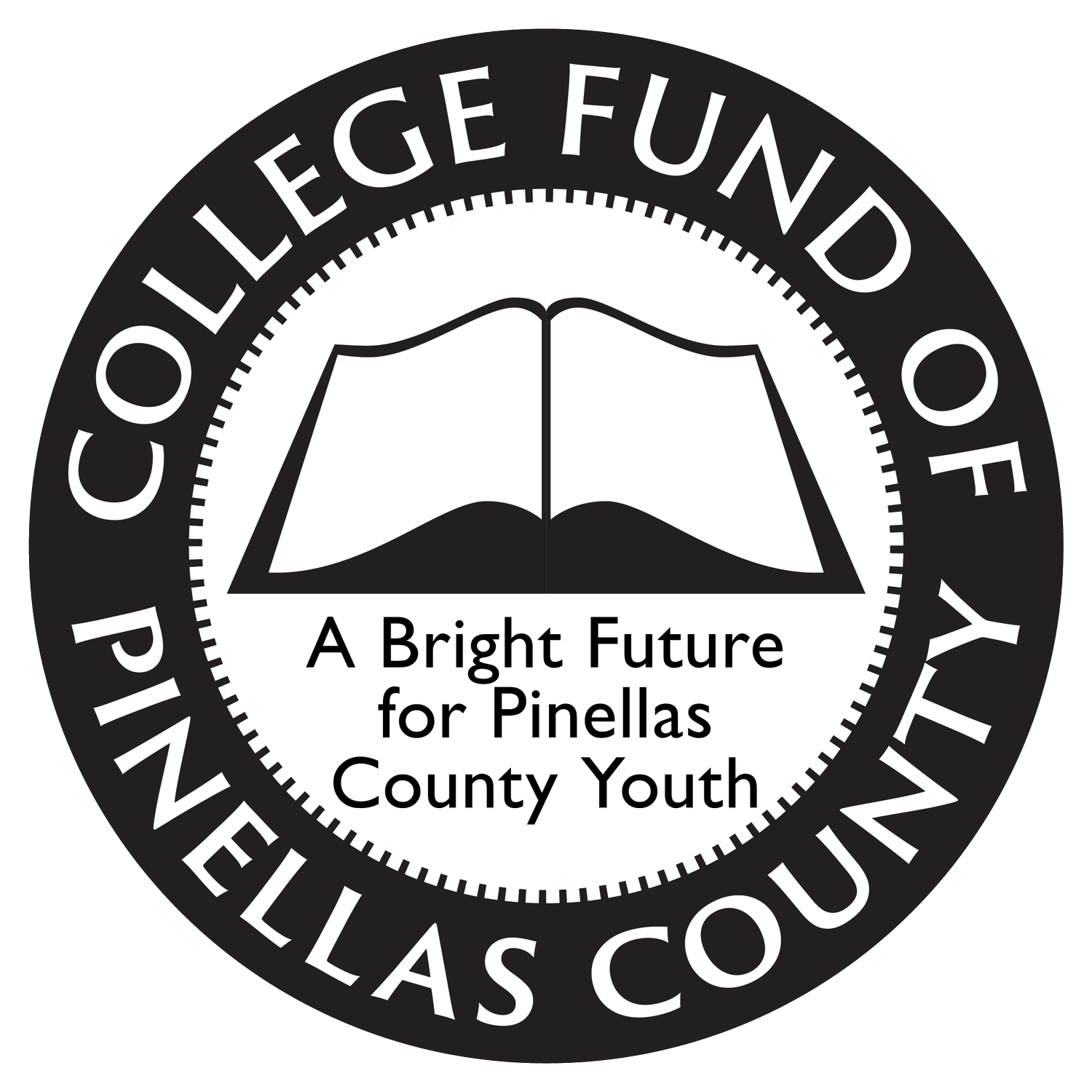College Fund Beginnings
Several Pinellas County citizens were already working to provide an equal opportunity for African American high school students to attend prestigious colleges, even before the Civil Rights Act was enacted on July 2, 1964.
Since early 1964, Phyllis Busansky and several others were tutoring African American students at segregated Pinellas High School (PHS). This pioneering effort was facilitated by the vision of Alphonso Broxton, the forward-looking academic counselor at PHS. The civil rights movement had stoked Busansky’s interest and she wanted to make a difference, so she hired a babysitter to care for her two small children while she devoted two-and-a-half days a week to tutoring five PHS students, selected for their academic excellence, motivation and perseverance, to improve their vocabularies, their reading comprehension and their testing skills. Her objective was to enable the students to pass their college entrance exams and gain admission to prestigious, integrated, predominantly-white universities.
After a talk she gave to the Clearwater League of Women Voters, Busansky’s devoted enthusiasm sparked the interest of several other sympathetic citizens who volunteered their help, including her husband, Sheldon Busansky, who provided coaching in math. Margaret Boudreau coached the students on etiquette and Sheila Stewart Wasey and Marie Lute coached the three female students on poise, dress and grooming.
Also in 1964 two African American students were provided financial assistance by the Pinellas Fund for Needy Children, under the leadership of Sarah Louise Halmi, and through the generosity of Pinellas County citizens who shared Busansky’s vision. Annie Denmark, a Gibbs High School graduate, later completed a business degree from Gibbs Junior College which enable her to take the the Civil Service test and secure a job with the US Department of Treasury in Washington, D.C. Harold McElroy, a PHS graduate, attended Tuskegee Institute later serving as President of his senior class. Upon graduation he took a job with Westinghouse Electric in Baltimore, Maryland.
In January 1965 a small group of Clearwater women formed the College Fund Committee.
Chaired by Mary Louise Friebele with Marjorie Bowen as treasurer, to seek funding from local church groups, service organizations and local individuals to supplement t scholarships which the five exceptional students might receive. Donations marked for the College Fund were to be sent to the Community Service Foundation. They saw this as the possible beginning of a community scholarship fund to help promising students of all races go to major colleges and universities.
The tutoring and fundraising proved 100% successful.
The College Fund Committee raised enough to send the five students to college in the fall of 1965. Good used clothing, dormitory equipment, alarm clocks, dictionaries and other essentials were also donated. Tommie Ann Hill, first in her class at PHS, was accepted and provided a scholarship by Emory University in Atlanta to major in mathematics. Diana Franklin, second in her class at PHS, was accepted and provided a scholarship by Simmons College in Boston and planned to become a writer and teacher. Edward Henry was accepted by Oberlin College to major in music, seeking to become a composer, arranger and conductor. Leroy Hooks was accepted by the University of South Florida in Tampa to major in mathematics, seeking to become a CPA. Although accepted by USF, Herbert Carr chose to attend his father’s alma mater, Talladega College in Alabama to major in mathematics.
On April 27, 1966, in order to broaden the spectrum of student aid, the College Fund and the college program of the Pinellas Fund for Needy Children were combined and incorporated by the Florida Secretary of State as the College Fund of Pinellas County, a not-for-profit corporation. The object of the new corporation was “to raise funds to assist in the financing of college education of needy qualified high school graduates of Pinellas County, Florida. Such assistance will be rendered without discrimination as to race, creed or nationality.” The first officers of the new corporation were President: Mary Louise Friebele, First Vice President: Sarah Halmi, Second Vice President: Margaret Boudreau, Third Vice President: Phyllis Busansky, Secretary: Maxine Neale, and Treasurer: Marjorie D. Bowen. Audrey Schidenhelm, the corporation’s longest-serving director, was a member of the Executive Board of that new corporation, and she still serves on the Board of Directors today. Ruth Eckerd, for whom the performing arts complex in Clearwater is named, was a member of the Advisory Board of the new corporation and served 40 years in that capacity until her death in 2006.
In 2015 the College Fund celebrates 50 years of service to Pinellas County.
To date the College Fund has awarded over one million dollars in scholarships to over 700 Pinellas County residents, enabling them to achieve their goal of a college education and thereby improve themselves, their family’s living standard, and their role in the community.
